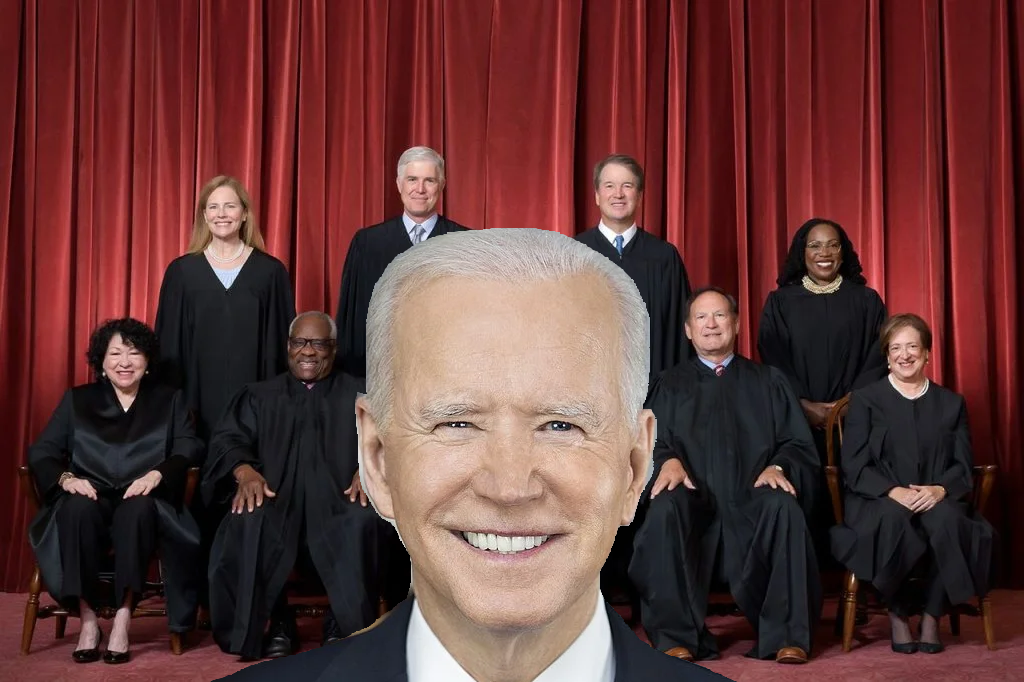The President plans to unveil a proposal on Monday to significantly reform the Supreme Court, according to multiple sources familiar with the matter. This move marks a substantial shift for Biden, who had previously resisted calls to change the high court.

Biden’s proposal is expected to include term limits for justices and an enforceable code of ethics. Additionally, he plans to push for a constitutional amendment that would limit immunity for presidents and certain other officeholders. This comes in response to a Supreme Court ruling on July 1, which stated that presidents are shielded from prosecution for official acts during their time in office, a decision stemming from a case involving former President Donald Trump.
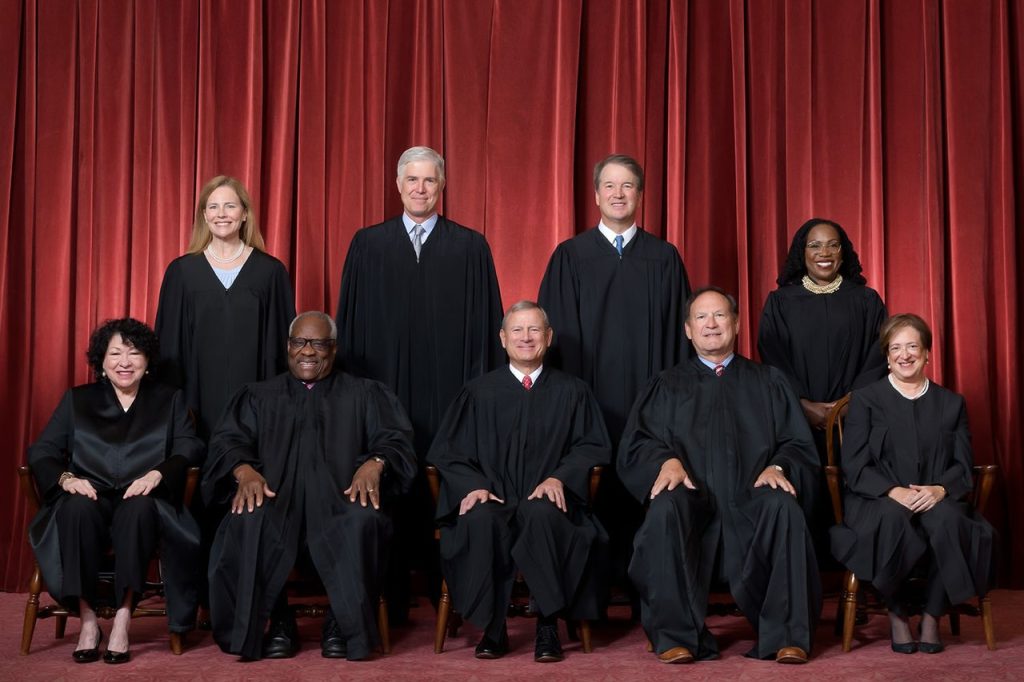
The exact details of the proposal are still being finalized and could change. Biden is expected to announce the overhaul during a trip to Texas, where he will speak at the Lyndon Baines Johnson presidential library in Austin.
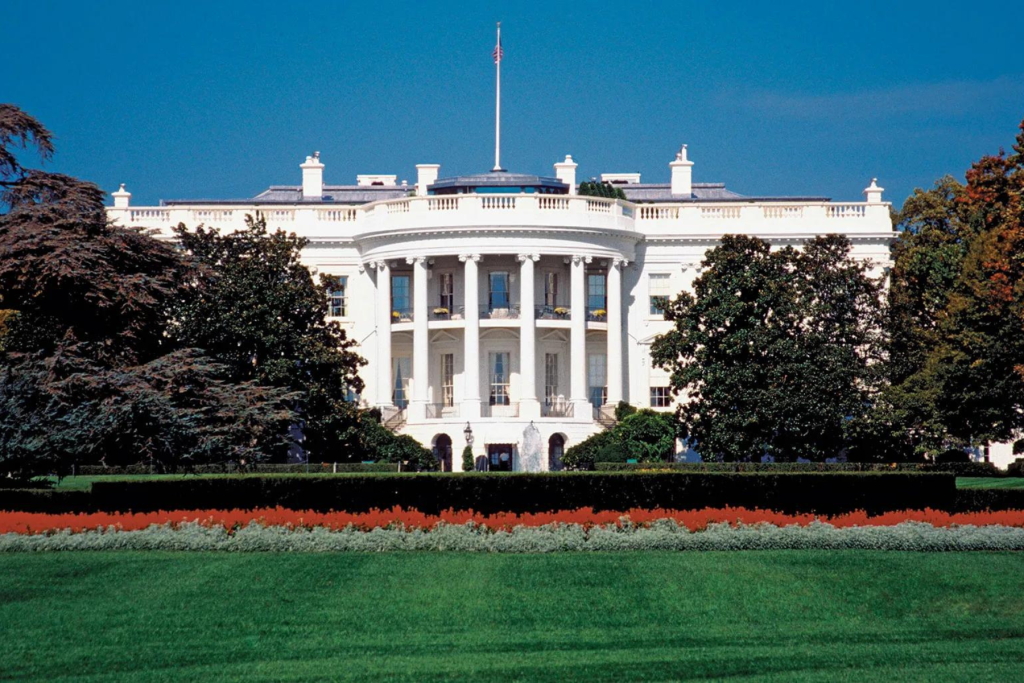
The White House has declined to comment on the specifics, referring instead to remarks made by press secretary Karine Jean-Pierre. She stated that Biden believes high officeholders should be held to standards of transparency, accountability, and ethics.

Biden’s proposal comes amid increasing criticism of the Supreme Court’s decisions, particularly those made by its conservative majority. These include rulings that eliminated federal abortion rights, reduced affirmative action in higher education, and blocked stricter gun regulations, all of which are priorities of Biden’s administration.
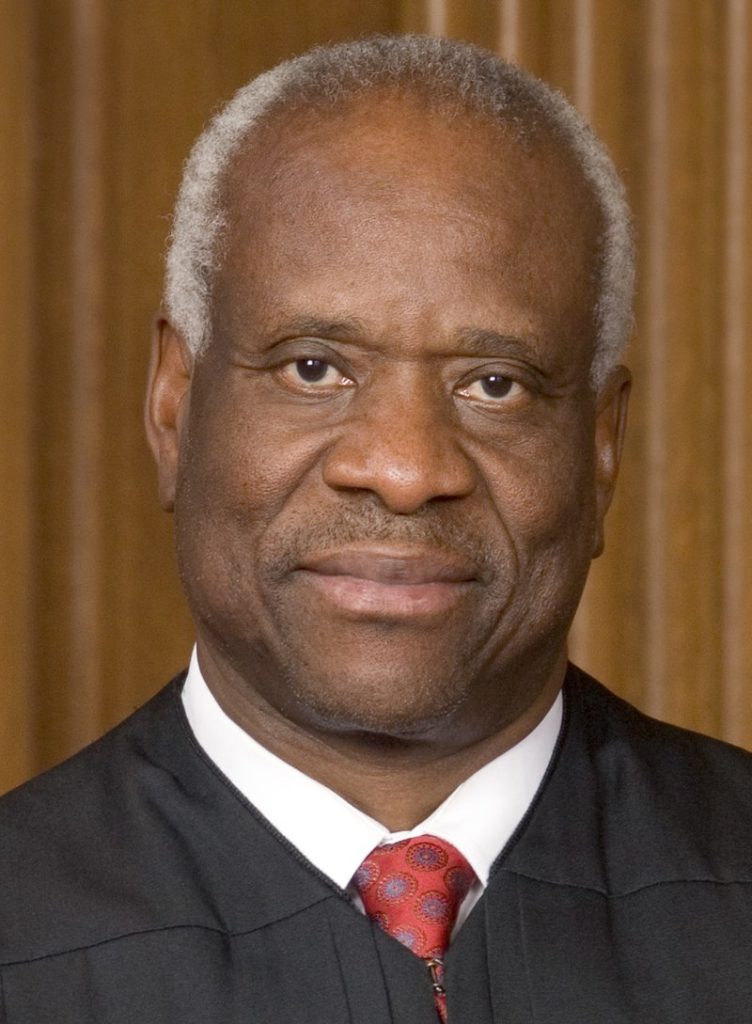
Justices Clarence Thomas and Samuel Alito have faced scrutiny over their personal conduct. Thomas has been criticized for not disclosing lavish gifts and travel from wealthy Republican donors, while Alito’s wife has been associated with flags linked to the Jan. 6 insurrection.
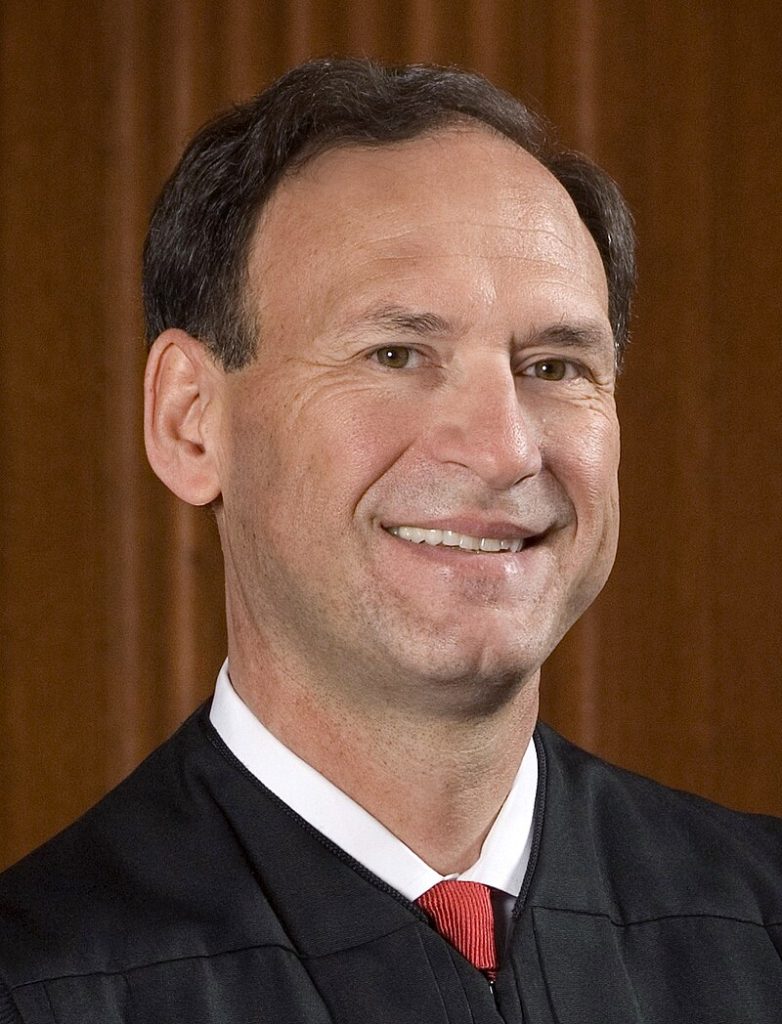
“I’m going to call for Supreme Court reform because this is critical to our democracy,” Biden said in an Oval Office address on Wednesday, during which he also announced his decision not to seek a second term.
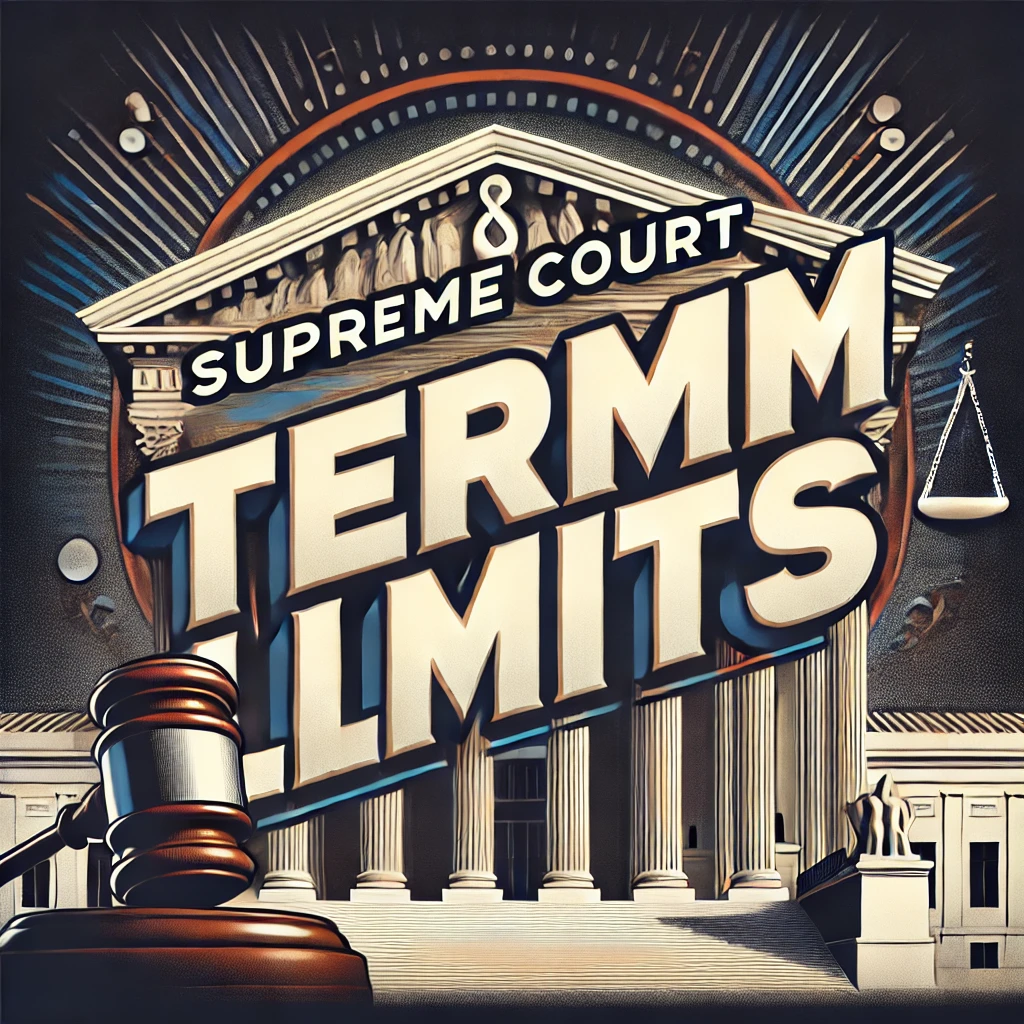
Imposing term limits and an ethics code on the Supreme Court would require legislation. However, the current divided Congress is unlikely to take up the issue before the end of the year. Even if Democrats gain control of both chambers after the election, they are not expected to secure the 60 Senate seats needed to break a filibuster.

